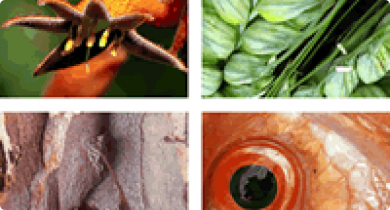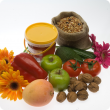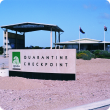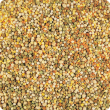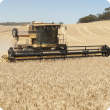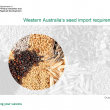Biosecurity & quarantine
The Department of Agriculture and Food, Western Australia (DAFWA) works with primary industries to safeguard our agricultural resources from biological threats and to maintain our export opportunities.
The State’s reputation is underpinned by a comprehensive biosecurity and quarantine system, developed and operated by DAFWA.
DAFWA is involved with:
- creation of surveillance and diagnostic programs
- animal and plant risk assessments
- importing and exporting requirements
- creating mechanisms to respond to incursions
- livestock movement and identification
- development and maintenance of biosecurity and quarantine legislation.
To find out more about what we do to protect agricultural production and export opportunities within the State please search our website.
Filter by search
Filter by topic
- (-) Remove Importing plant and plant products filter Importing plant and plant products
- Quarantine (11) Apply Quarantine filter
- Importing to Western Australia (11) Apply Importing to Western Australia filter
- Quality assurance schemes (6) Apply Quality assurance schemes filter
- Intrastate movement (6) Apply Intrastate movement filter
- Importing miscellaneous (6) Apply Importing miscellaneous filter
- Exporting from Western Australia (6) Apply Exporting from Western Australia filter
- Importing animals (5) Apply Importing animals filter
- Biosecurity (5) Apply Biosecurity filter
- Exporting plant and plant products (2) Apply Exporting plant and plant products filter
- Exporting animals (2) Apply Exporting animals filter
- Exporting miscellaneous (2) Apply Exporting miscellaneous filter
- Invasive species (1) Apply Invasive species filter
- Pests, weeds & diseases (1) Apply Pests, weeds & diseases filter
- Plant biosecurity (1) Apply Plant biosecurity filter
- Horticulture (1) Apply Horticulture filter
- Fruit (1) Apply Fruit filter
- Bananas (1) Apply Bananas filter
- Crops (1) Apply Crops filter
- Diseases (1) Apply Diseases filter

